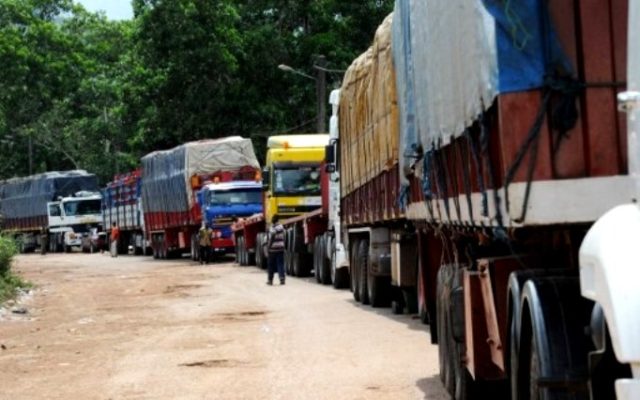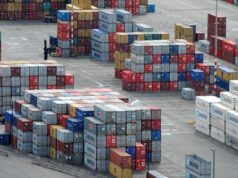
The World Customs Organization (WCO) is organizing the first Global Transit Conference on July 10-11, 2017 with the aim of leading discussions on transforming Landlocked Developing Countries (LLDCs) into land-linked countries.
In a statement, WCO said it is aware of challenges faced by landlocked countries and believes that the key to unlocking their potential is to adopt an efficient transit regime.
The lack of access to the sea often hinders economic development of many landlocked countries, WCO said. Even if industrial or agricultural products are attractive and affordable for their domestic consumers, they will eventually lose their competitiveness after long journeys to global markets, it added.
In 2014, the average cost to export one container from an LLDC was US$3,444 and US$4,344 to import. Comparatively, transit countries recorded much lower average costs with only US$1,301 to export and US$1,559 to import a container [1].
One of the main factors contributing to an increase in the transport cost is cumbersome transit procedures. Customs transit operation tends to be complex and complicated because it inevitably involves a wide range of stakeholders. The transit procedures for every country have not been fully harmonized due mainly to the lack of strong international standards on transit. There is therefore an urgent need to simplify current transit operations, eliminate unnecessary border requirements and harmonize different transit systems to support international trade of LLDCs.
Efficient transit regimes may radically change the landscape of international trade. With the constant need to fuel fast-growing economies of Asia, goods are being increasingly transported from Europe to Asia by railways or roads. Even though goods cross several border points, transit operations by railways or roads are relatively quick compared with other major transportation routes such as sea transport. In Africa, transit corridors have stimulated the growth of regional economy and accelerated economic integration. In the era of globalization, customs transit has become a common transportation mode to connect different regions and countries.
WCO Secretary General Kunio Mikuriya emphasized that “the key to unlock the potential of LLDCs is the implementation of international standards for efficient transit regimes, thus boosting international and regional trade for all countries.”
He added, “the WCO Transit Guidelines, consisting of 150 guiding principles for efficient transit regimes, will be launched during this event. A wide range of subjects will be discussed, such as bridging Asia and Europe, accelerating regional economic development in Africa, American and other regions, and overcoming challenges of landlocked countries.”
This conference will be a unique platform for Customs administrations, governments, international organizations and the private sector to exchange views and experiences regarding efficient and effective transit regimes. –WCO








